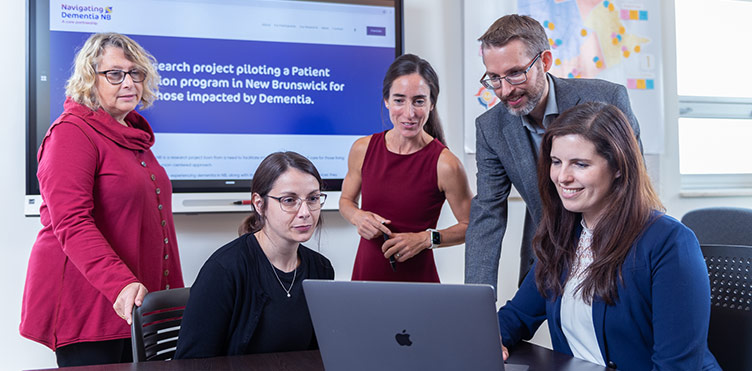
Horizon Health's Research Services established a consultation service to help Horizon researchers requesting assistance with research projects. This streamlined process will help researchers get information and skills to support their projects.
If you have any inquiries or would like to schedule a consultation, reach out to researchservices@horizonnb.ca.
The Maritime SPOR SUPPORT Unit (MSSU) is one of several support for patient oriented research and trial units dedicated to bringing health research findings to life by helping integrate them into patient care.
MSSU engages with patients from across Nova Scotia, New Brunswick and PEI, and collaborates with the research community on governance, priority setting and the planning and conducting of research.
Looking for a home for a new publication? Here are some journals that may be a perfect fit.
KT is the underutilization of evidence-based research and is often described as a gap between “what is known” and “what is currently done” in practice settings.